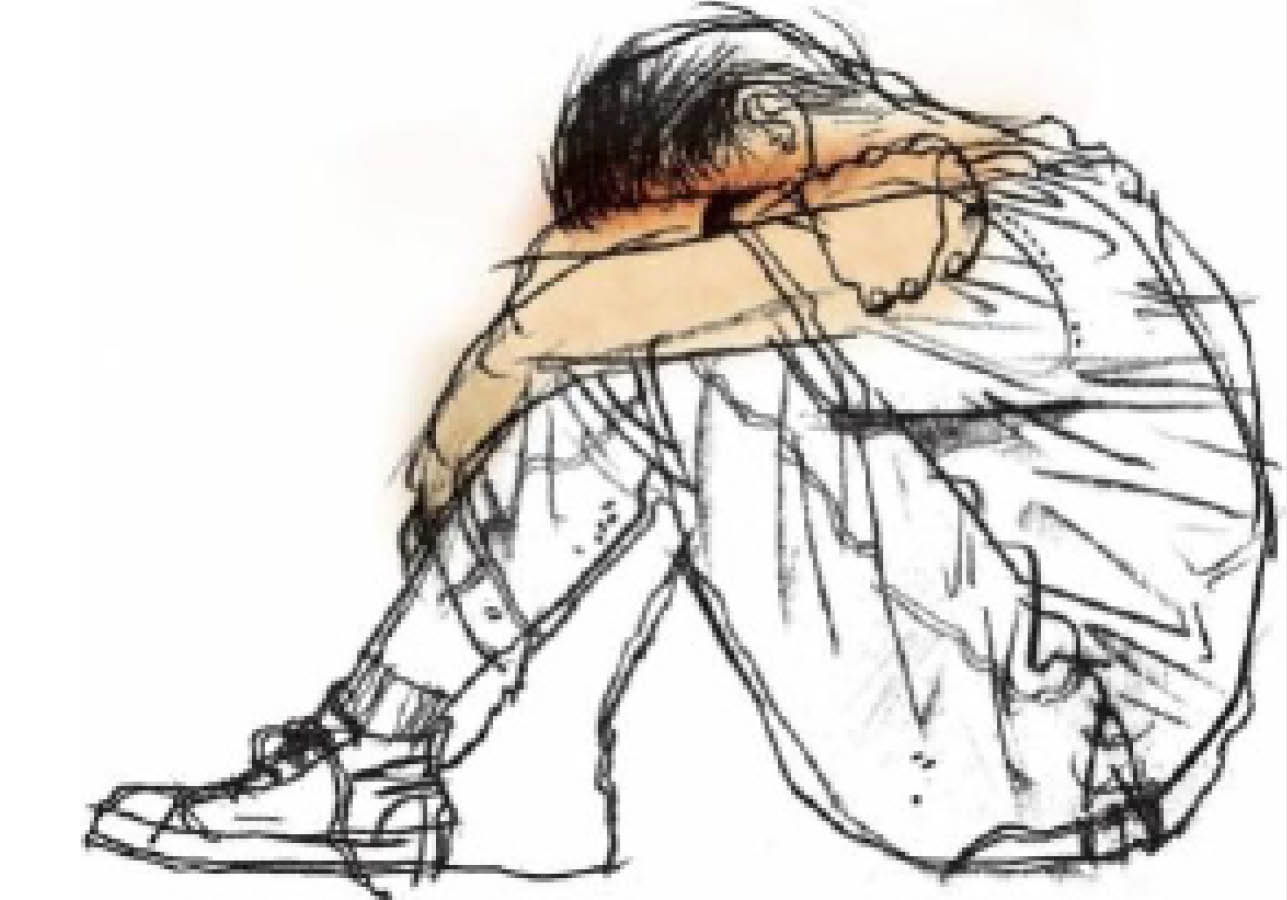Tackling suicide among schoolboys
Since 2016 when suicide became a critical social problem, its occurrence has continued to be on a steady

The incidence of suicide among young boys and girls has become a disturbing phenomenon in Nigeria. The most recent is the case of a 20-year-old young man in Garo town of Kabo Local Government Area of Kano State who set himself ablaze after he failed to raise the money to pay for his Secondary School Certificate Examination (SSCE). The young man was taken to the hospital after setting himself ablaze, but died two days later.
According to media reports, the victim identified as Shu’aib had on various occasions, threatened to commit suicide if he’s unable to register for the exam. A neighbour of the deceased said although Shu’aib was able to raise half of the amount, gave up when he couldn’t get the remaining half to complete it. After Shuaib got paid for the day at the mechanic workshop where he used to work, he thereafter used the money to buy petrol, entered one room in their house, poured the petrol on his body and set himself ablaze. It was reported that the victim had hitherto written the exams three times before but failed on each occasion.
- PIB: Bayelsa senator tackles Dickson over 3% host communities’ fund
- 10 pirates jailed for 12 years for hijacking Chinese vessel
Since 2016 when suicide became a critical social problem, its occurrence has continued to be on a steady rise in the country. Available statistics of reported cases showed 66 cases in 2017; 79 cases in 2018; 85 cases in 2019; and 34 cases so far in 2020. Reports published in June 2020 ranked Nigeria as 5th in the world with the highest suicide rate with an average of six suicides per month. The World Health Organization estimates that approximately one million people die annually from suicide; representing a global mortality rate of 16 people per 100,000 or one death every 40 seconds.
Suicide is the desperate attempt to escape from suffering or a troubling situation that has become unbearable to a suicidal person. While it is un-Africa, suicide or attempted suicide is a criminal offence under Nigeria’s criminal laws. Different people have different ways of managing failures in life. Some individuals manage disappointments situations with the most expensive alternative; the suicide option. In a report published by Daily Trust in June 2019, students topped the list when 42 Nigerians committed suicide in 6 months, within the first and second quarter of 2019. Fifteen of the victims reportedly drank the deadly insecticide called sniper.
Untreated depression, according to medical experts, is one of the major causes of suicide. Other immediate and remote causes of suicide include mental illness; drug and alcohol abuse; family history; divorce or breakup of a relationship; physical and sexual abuse including rape; incarceration; stigmatization; a serious loss such as the loss of job, house or money; terminal illness; hopelessness; bankruptcy; social isolation; unemployment; and war.
In the same manner that Shuaib threatened to take his own life, some suicidal behaviours or signs in a suicidal person include having problems with eating, sleeping and socialization; reckless behaviour such as over-speeding while driving or driving through red lights; talking about suicide; giving away possessions; visiting friends and relations to say ‘Goodbye’; researching suicide methods; buying suicide materials and writing suicide notes. Aside of depression, symptoms of mental illness include irritable mood, low self-esteem, and guilt.
Suicide is preventable. The role of guidance and counselling services in preventing suicide among young schoolboys and girls cannot be emphasized. Counselling services in schools help students get to know themselves better. Counsellors can assist students with problems overcome their psycho-social challenges with the most effective solutions. For young people who are outside of school system, government is encouraged to revive and make its social welfare offices functional at local and state levels.
Parents, siblings and relations are advised to keep a close watch over any person that is exhibiting suicidal symptoms. Potential suicidal persons should be deprived of any possible access to means of executing suicide threats including hard drugs, firearms, insecticides, pesticides and petrol. If Shuaib’s parents and associates had maintained regular and close surveillance over him from the moment he issued suicide threats, the incident could have been averted. They were supposed to ask questions whenever they noticed him with any material that could aid him to take his own life. If Shuaib were asked questions about what he wanted to use the petrol for or if the petrol had been seized if he couldn’t offer any useful explanations, the suicide by Shuaib could have probably been averted.
Besides school counsellors, there is need for the training and re-training of non-specialized health workers on the assessment and management of suicidal behaviours. We also urge government to provide and equip public television viewing centres so that persons with troubled minds will have the opportunity to momentarily forget their worries, sometimes for a period long enough to discard their life-threatening fears or problems. Sports and recreation centres can equally provide such relief for people with worries.
To reduce the risk of suicide among young Nigerians, especially students, we advise government to make drug test a requirement for registration at the beginning of every academic session for all students of senior secondary school and tertiary institutions in Nigeria. Opioid overdose is reportedly the most common drug injected by youths, which is also observed to be a common of suicide among youth. Since suicide is associated with the use of hard drugs and substances, periodic drug test will assist school counsellors and administrators in identifying suicide prone students for early psychotherapy. May Allah (SWT) guide government, parents and the larger society to watch over young people who have the propensity of committing suicide in order to help them overcome their problems, amin.
